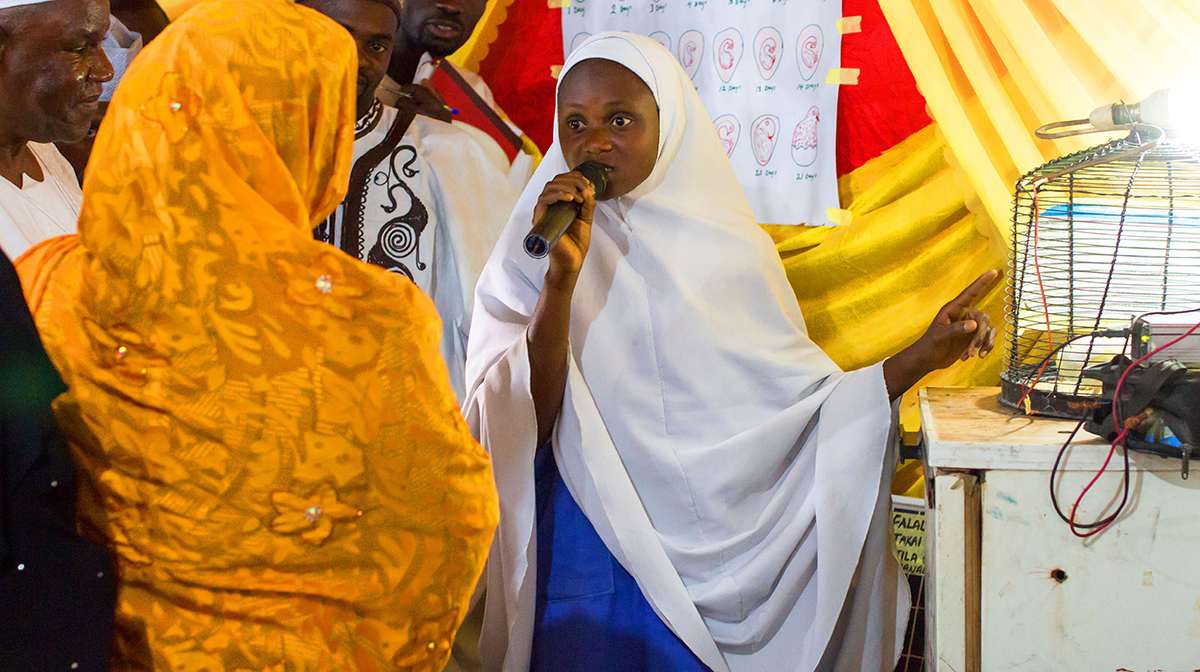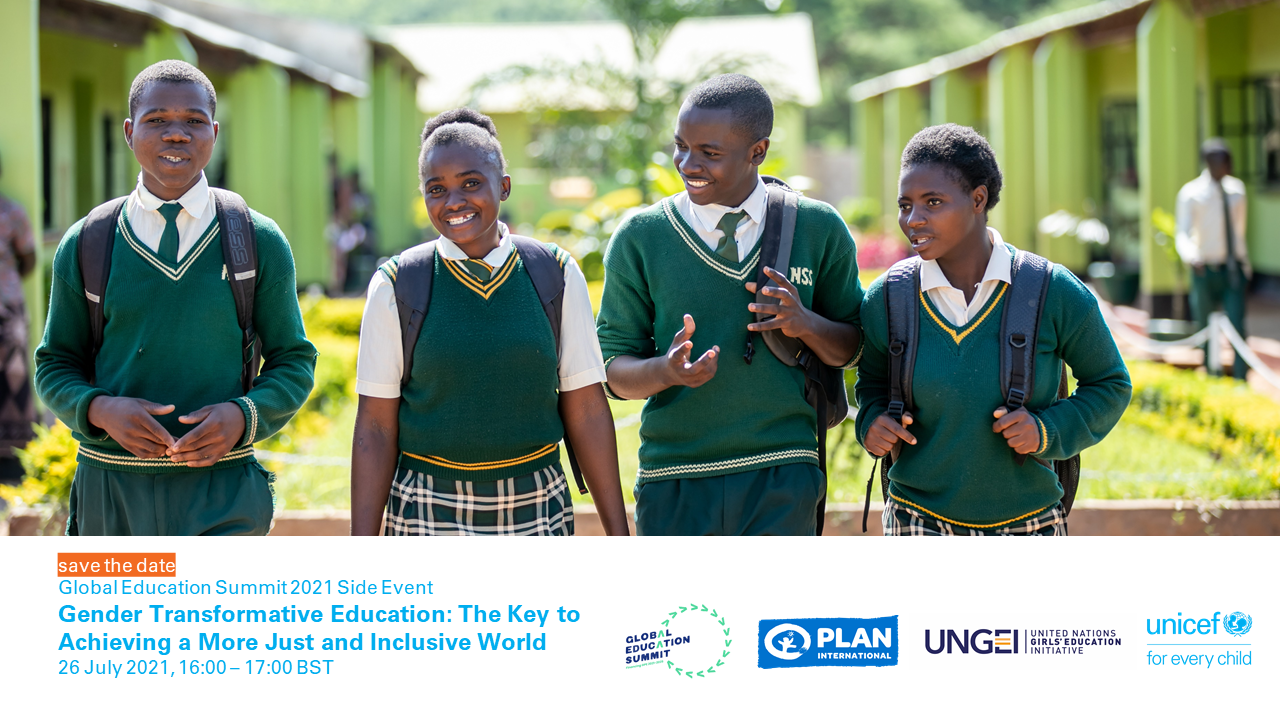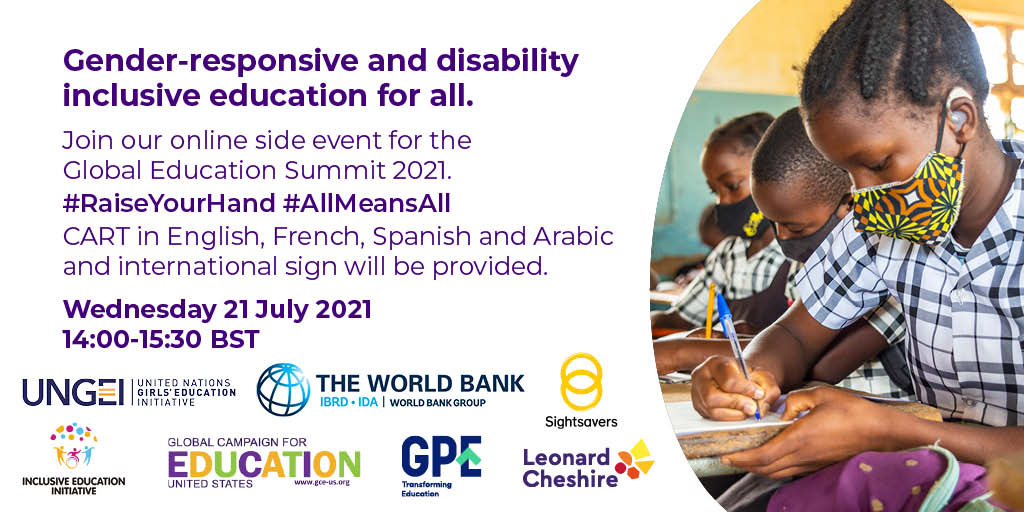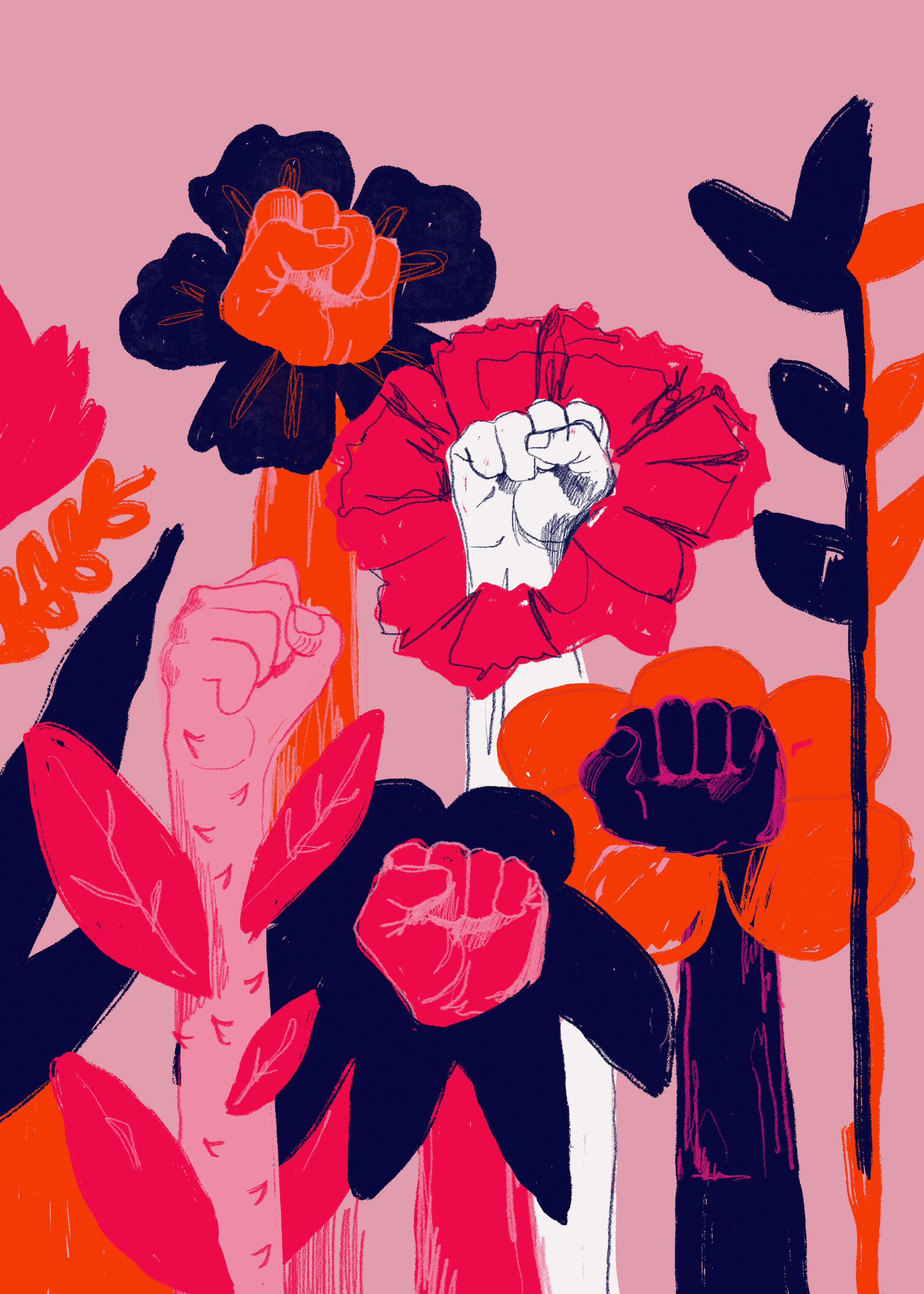The recent Oscar win of the film, Period, End of Sentence reminded me of many of the girls we work with in Kenya. Like the film, theirs too, are inspiring stories of resilience, innovation and self-reliance.
As in various parts of the world, many Kenyan girls routinely miss as much as a week of school each month during their menstrual cycles because they can’t afford sanitary supplies. In one of our project schools outside Nairobi, a new girls’ club, mentored by its head teacher, came up with an idea to solve this problem.
The girls worked together to plant an herb garden at their school. Using their herbs to make scented soap, they began a successful new enterprise selling soap in their community. As profits trickled in, the girls soon had enough cash to buy sanitary products on a regular basis.
This story is not unique to just one school. In nearly 2,000 girls’ clubs in schools supported by Discovery Learning Alliance (DLA) in Ghana, Kenya and Nigeria, we witness the positive impact that encouragement and skills-building have on girls who face few opportunities for consistent schooling or mentoring. We have found that when girls are empowered with the right skills, they gain confidence in their own capabilities to address challenges, including barriers to education.
Like any other education intervention, girls’ clubs alone are not a silver bullet, and education investments in marginalized communities seldom yield immediate results. From infrastructure to well-trained teachers, to the right learning materials and involved parents and communities, a successful education ecosystem consists of many interconnected components, all of which require patient and long-term investment.
Girls’ (and boys’) clubs are an increasingly important part of the education ecosystem, and one that we have found to be extremely effective. Led by facilitators who serve as role models or mentors, clubs offer school or community-based training outside of formal education for school-aged children. While objectives and activities vary from one club to another, they typically provide confidence-building, life skills and entrepreneurship training, and are safe spaces to discuss sensitive topics such as sexual and reproductive health. Importantly, by expanding their participants’ peer networks, clubs build much-needed social capital for vulnerable and marginalized children.
In Ghana, researchers found that girls’ clubs that engage in critical self-reflection led by trained female mentors can provide important spaces for combating discriminatory and oppressive gender norms. Coordinated by ActionAid in Ghana, Mozambique and Kenya, the Stop Violence Against Girls project supported girls’ clubs led by trained female mentors — in addition to gender policy advocacy in schools, community outreach and teacher training — to increase the capacity of girls to challenge violence and gender inequality. Overall, researchers observed positive changes in girls’ attitudes toward gender norms and violence, as well as increased knowledge about how to report incidences of violence.
There is also evidence across India, the Democratic Republic of Congo and Somalia, among others, that participation in girls’ and boys’ clubs, alongside other community mobilization efforts, helps create safer school environments and raises awareness about peace and child rights.
Importantly, these clubs provide a great opportunity to enhance girls’ entrepreneurial skills and equip them to secure financial independence as they enter adulthood — skills they might not learn in a classroom setting. For example, in another girls’ club supported by DLA in Kenya, the participants learned business and financial literacy while planting and selling kale to their teachers and parents. The activity, which was connected to their school science lessons about land cultivation and food production, also taught them how to make investments into their business to increase sales.

In listening to young girls from Ghana to Nigeria to Kenya, I am inspired by their creativity and perseverance in overcoming challenges faced by their local communities, so that they can achieve education outcomes vital to their future prosperity. One adolescent said she wanted to become a doctor so that she can treat people in her village who walk long distances for medical treatment, and often don’t get the appropriate care in time. Another said she wanted to become a nurse, and offer modern maternity services to protect women in her community from dying in childbirth.
In a recent op-ed, James Arinaitwe, founder of Teach for Uganda, wrote, “education investments in Africa should focus on developing leadership on the continent, so we may accelerate the solutions that are championed by the people closest to the problem.” I agree. Investments in education in Africa as well as across the world must include building leadership, entrepreneurial and self-reliance skills in children — equipping them to become leaders and innovative problem-solvers for their communities and the world.


